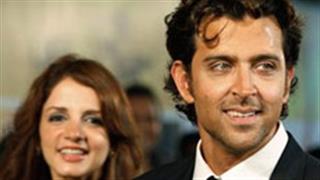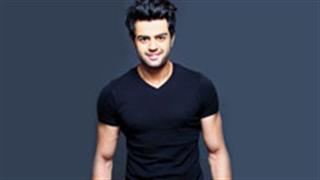Says the shocked director, `It was a bizarre coincidence. It was uncanny The release of my film and the bombings happened so close to each other that it was scary. The film became all the more relevant.
Suddenly I had to do a lot more interviews in America than we had originally planned. The Boston bombings caught us all unawares. And the questions that my film raises became even more urgent. `
Mira agrees The Reluctant Fundamentalist is not directly related to the Boston bombings.
`But the film tells you how America and the American Dream can be so accessible to outsiders on one level, and yet they can cast you out on another level.
The complex relationship between the West and the Islamic world is represented in my film through the dialogue between my hero Changez Khan (Riz Ahmed) and the American journalist Bobby Lincoln (Liev Schreiber). This kind of dialogue hasn't been opened up before in cinema. And it is not a hysterical finger-pointing film. `
While some critics in the US have been guarded in their response Mira largely content with the response. The Washington Post has called the film `great, gripping and complex. `

Laughs Mira pleasurably, `America has been kind. The box office has been favourable. The film has opened up a lot of debate. People are very moved. American white middle class audiences feels finally there's a film in which they see themselves. Earlier it was considered unpatriotic in the US to even consider let alone address the other (Islamic) viewpoint.
America is now feeling the weight of war and post-traumatic disorders. Look at the violence all around! Whether it's the Boston bombings or kids being massacred in an American school. There is a growing reliance on violence to get one's point of view heard. `
Mira objects to the film being perceived as a sign of Islamic isolation. `The film, the novel by Mohsin Hamid and I are all very secular. George Bush initiated the whole campaign of Good Guys and Bad Guys vis-a-vis certain Islamic states. He created this war that has led us into the global crisis we're facing now. `
The film opened in New York and Los Angeles and then elsewhere. `The audiences' response in the US has been amazing. They've never seen a film like this on the theme of post-9/11 developments.
They recognize the element of detached honesty in the story and they're responding it. So far it has very consciously been a one-sided conversation that America has had with the rest of the world. America is a nation of 350 million people.
Not all of them are one with the policies that the American government has practised. The American society with its economic recession and the trauma of violence is feeling the weight of government policies. People are re-living the complexities of the situation. `

Mira feels qualified to tackle the subject. ` I felt I was the right person to do this book because I've lived in both the East and the West and experienced the pain of terrorism. It troubled me that people in the West didn't see the other side of the conflict. `
And now Mira is in India to release this important film. `I am here to try to put more bums on seats. I've never worked harder on any film. I live in India far more than than I do out West. I am heartened by the response to the film in the West. `
The author Mohsin Hamid was part of the film from Day 1. `And Mohsin loves the film. The change in format was necessary. In the book the hero Changez has a monologue. In the film he's speaking to another character.
More importantly, the book ends when Changez comes back to Pakistan. I needed to carry the story further. There were questions that I needed to address beyond the book. Luckily Mohsin was with me on this. `
Mira feels it's injustice and myopia which prompted her to make a film based the book on a Pakistani Wall Street stockbroker's disillusionment with the American Dream after 9/11.

Says Mira, `My film takes on the wave of the world headlong. But now I'm moving towards naach-gaana soon wit




















